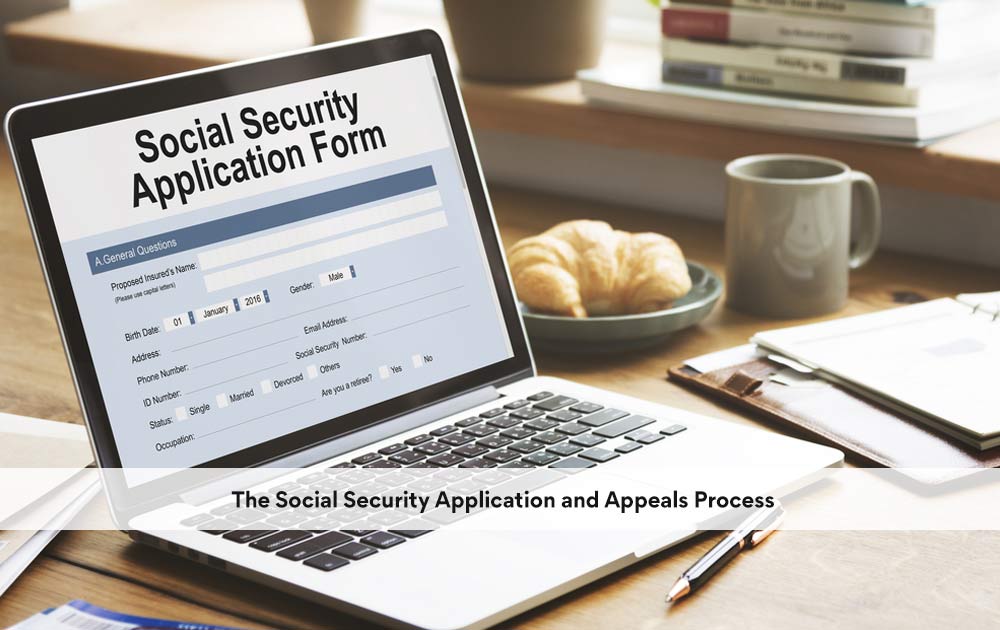Applying for Social Security disability benefits in North Carolina can seem intimidating — after all, you may be unsure where to start or who to ask for help. Thankfully, there are resources available that can advise you on how to fill out an application, what evidence to attach, and where to go if you have questions. Through it all, it is important to know that applying for benefits is completely accessible for everyone, as long as you know a little bit about the procedure and seek professional help if you don’t.
At any point in the process, you can contact your local Social Security office to learn about the process in general, and to find out whether North Carolina has any specific requirements that may change the application process from what it looks like in other states. You can also ask agents working at the Social Security office about eligibility requirements and find out when you should expect a response to your claim.
To start, find out whether you are eligible by considering several facts the SSA takes into account when deciding if you should receive benefits. To start, you will have to prove that you are a citizen and that you have earned a certain number of work credits, which accumulate over all the time you work in the United States. Older people will need more work credits to show that they are eligible to receive benefits.
Then, work with an attorney to fill out form SSA-16 — which you can find online on the SSA website, and which you should then mail or hand-deliver to your local Social Security office. This form will ask for your personal details and work history, and you will need to verify your identity by providing your Social Security Number. You should also ask an attorney to help you gather the necessary evidence to submit, such as hospital records and recommendations from your physician that were written down on paper.
After the form is filled out and submitted, the waiting begins. You should expect a response within 60 days, and you will receive different letters based on whether your claim is approved or denied. Don’t be discouraged if you are denied — you have a second (and third) chance to pursue your claim by filing an appeal!


